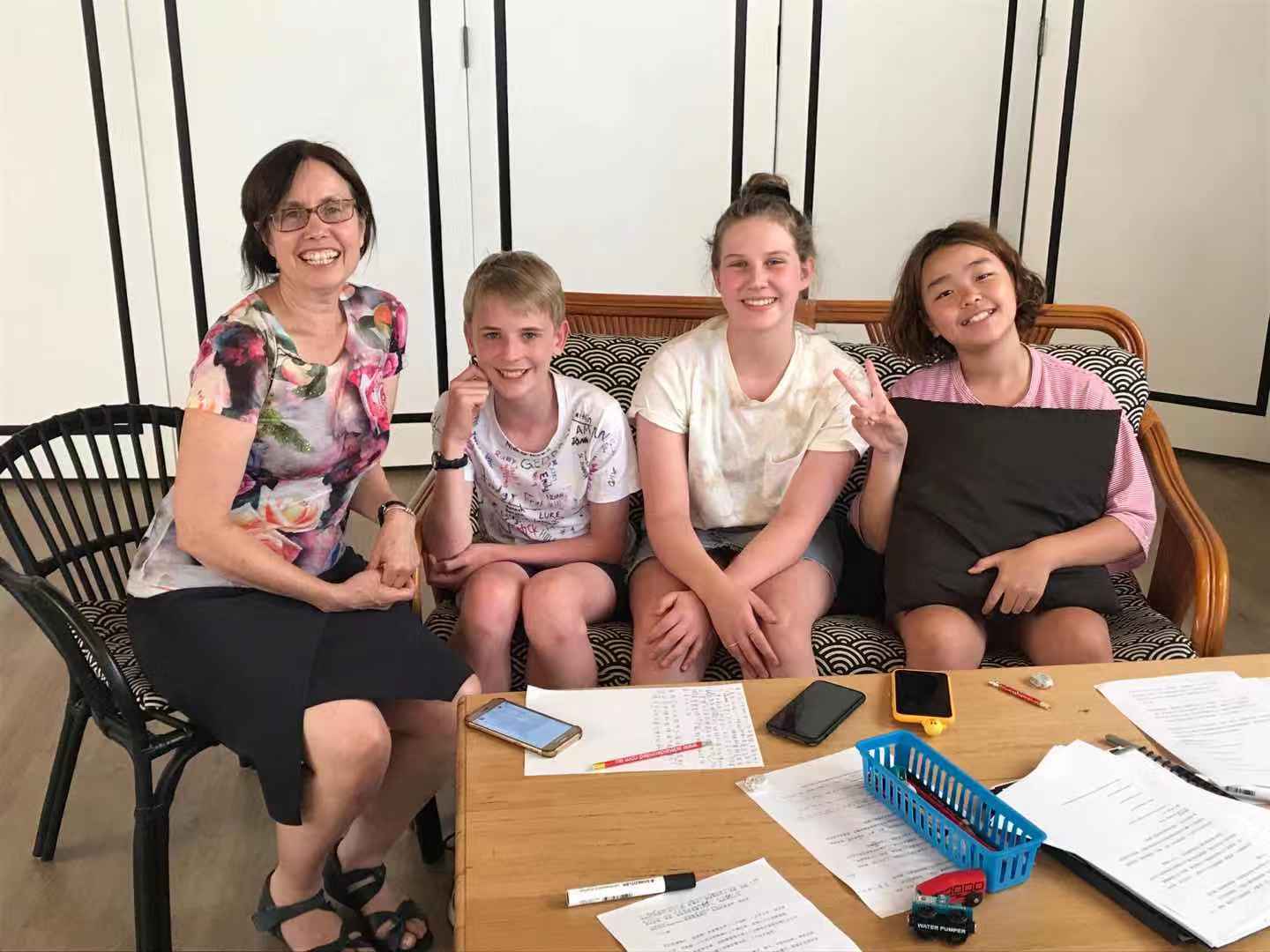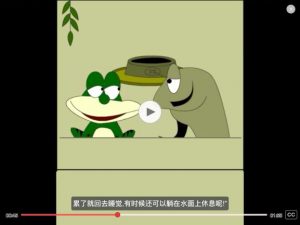Chinese: A great language for Australian young people to learn
![]() Jude and Lewis have been regular students at our Chinese for Families classes for a number of years. Many thanks to their grandfather Larry Owens Emeritus Professor of Education from Flinders University (known to us as Larry) for writing this review of our classes.
Jude and Lewis have been regular students at our Chinese for Families classes for a number of years. Many thanks to their grandfather Larry Owens Emeritus Professor of Education from Flinders University (known to us as Larry) for writing this review of our classes.
I became interested in Chinese language as a result of work commitments over many years in Beijing and Shanghai. As Australia’s biggest trading partner, China is of immense importance to us and a greater understanding of Chinese language and culture is critical to us now and in the future. My oldest grandson, Jude (now 12 years old) was being home-schooled from his reception year and he needed to study a language as a part of his approved Australian curriculum. Fortunately, we found Belinda’s “Chinese for Families” (Jiale Zhongwen) which offered Chinese after school hours and on weekends. Belinda is a highly experienced teacher of Chinese language and she marries together an advanced theoretical knowledge of language learning with highly engaging classroom methodologies. With the help of the “Better Chinese” resources, Belinda and her staff provided an attractive teaching programme so that both my grandsons (the younger one, Lewis, now 8, also joined the classes) really looked forward to the weekly lessons. In fact, both boys have thrived, continually developing their reading, writing, listening and speaking skills. Jude is progressing through the Hanban official Chinese proficiency examinations, having achieved over 90% in both HSK1 and HSK2 (standardized tests of Chinese language achievement for non-native speakers). Lewis will begin these examinations in 2020. I can certainly recommend Belinda’s Chinese language programmes offered by her “Chinese for Families” classes.
Larry Owens, PhD, Emeritus Professor of Education, Flinders University


